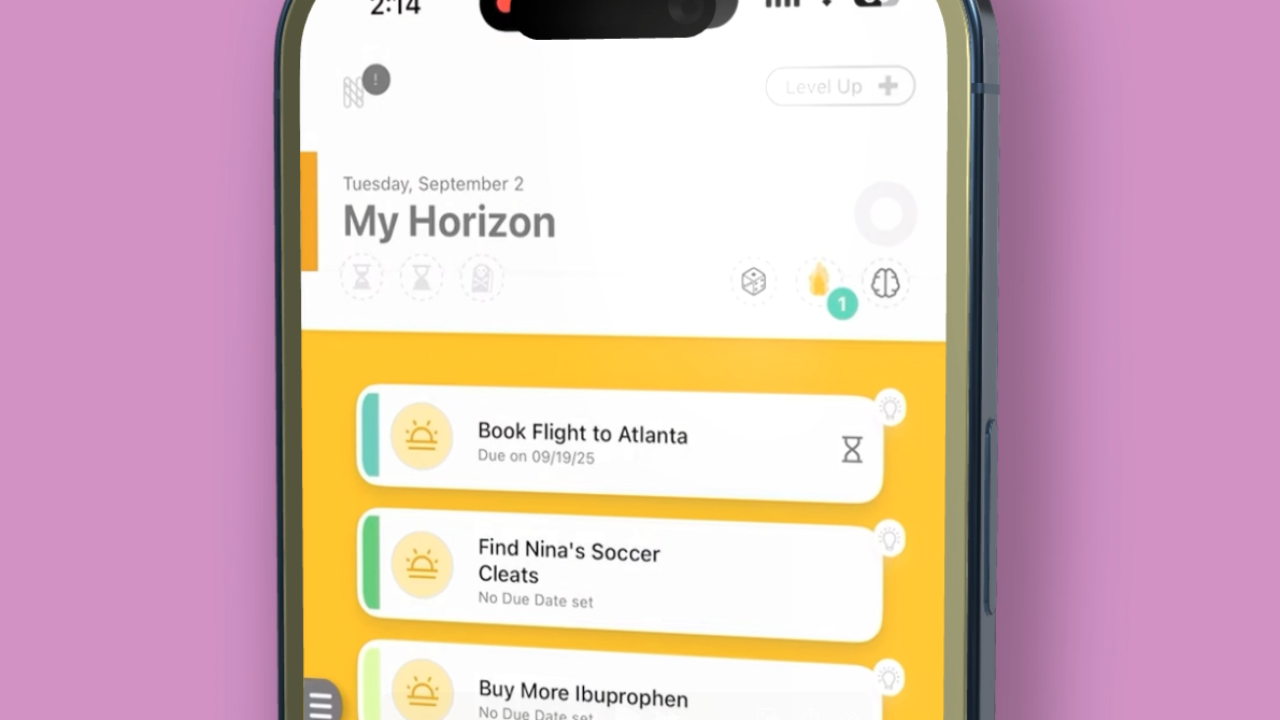A new wave of college graduates is set to join the labor force, eager to sign up for health insurance and start their 401(k). Yet they will need
Gen Z are less satisfied with their benefits compared to other generations, and are less likely to stay with their current employer for another two years, according to a 2024 wellness survey from the Employee Benefit Research Institute and Greenwald Research. Benefit leaders will need to address dissatisfaction and create pathways for long-term growth if they want to
"Where they're going to live and their salary is important to college graduates, but we're seeing a focus on benefits as an important secondary source of value in working with certain employers," says Kristina Welke, the head of strategy, solutions and marketing from New York Life Group Benefit Solutions. "They want to set themselves up for success, but they have different needs than older generations."
Read more:
To help them meet those needs, college grads need to l
"College grads have never had to deal with processes like purchasing insurance — they have historically relied on their parents for that type of service," Welke says. "Education is the most important first step and that has to come from the employer."
For organizations, this means offering support and assistance
What Gen Z wants
Gen Z is invested in benefits that tackle more immediate needs, like tuition reimbursement, student loan support and mental health benefits. While these offerings are
Read more:
"We know employees who feel their employer cares about them are more likely to stay with that company long-term," she says. "That's why employers should focus on having benefits that span across generations."
In order to achieve that, benefit leaders need to communicate clearly around when
"Offer a comprehensive package, assess it, offer the right resources and then educate your workforce to ensure utilization," Welke says. "That is the best way employers can maximize their benefit program and their spending to attract and retain this great talent."






